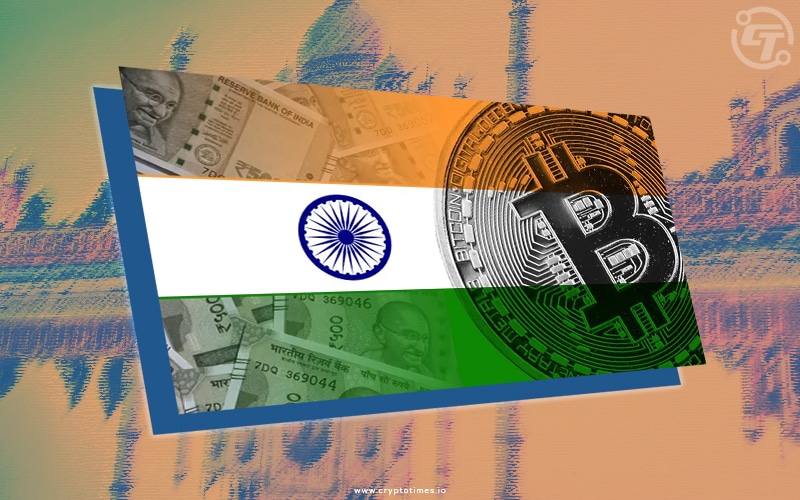The rising fame of crypto in the recent few years has spurned all governments including the Indian government, to figure out laws to regulate and accordingly tax the crypto industry. Although a difficult feat, the process is underway in almost all countries.
According to local media reports, the Indian Government too, is discussing regulations and taxation for this industry. The major roadblock faced by the policy makers currently, is to figure out how to classify the crypto assets.
“First a decision on classification will have to be finalised and then rate will be discussed”, said an official to PTI regarding taxation of cryptocurrency.
The Goods and Services Tax (GST) law does not currently specify the classification of cryptocurrency, which makes it difficult to impose tax on it.
Currently, an 18% GST is levied on services provided by crypto exchanges and are classified as financial services.
GST officials have commented that cryptos, by nature, are similar to betting, gambling, casinos, lottery, and horse racing. These activities have a 28% GST levied on them.
“There is a clarity needed in regard to levy of GST on cryptocurrencies and whether it has to be levied on the entire value, We are seeing whether cryptocurrencies can be classified as goods or services and also removing any doubt on whether it can be called an actionable claim,” an official said.
An actionable claim is a claim which can be made by a creditor, for any type of debt other than a debt secured by mortgage of immovable property.
“Private cryptocurrency can neither be termed ‘money’ nor be categorized as ‘securities’ for taxation, thereby, what remains to be checked is whether the legal framework would categorize the same as ‘actionable claim’ or not,” said AMRG & Associates Senior Partner Rajat Mohan
“Discussions are in a nascent stage on the rate of tax, whether it would be 0.1 percent or 1 percent.”, said the same official who talked to PTI.
Clearly, the GST officers first need to decide how to categorize cryptocurrency and then move on to figure out how to tax it.
The 2022-2023 Budget clarified taxation on crypto assets regarding Income Tax. From April 1, crypto assets will be taxed at 30% I-T plus cess and surcharges, similar to how speculative transactions are taxed.
The Budget also proposed a 1% TDS on payments towards virtual currencies greater than 10,000 in a year and taxation of such gifts in the hands of recipients. The TDS will not exceed 50,000 a year for specified persons, which includes individuals/HUFs who are required to get their account audited under the IT act.
The provisions related to TDS will come into effect from July 1, 2022.
In November 2021, there was also speculation that the government would reclassify crypto exchanges as e-commerce platforms effectively reducing the GST from 18% to 1%. However, no further developments have taken place regarding this news.






